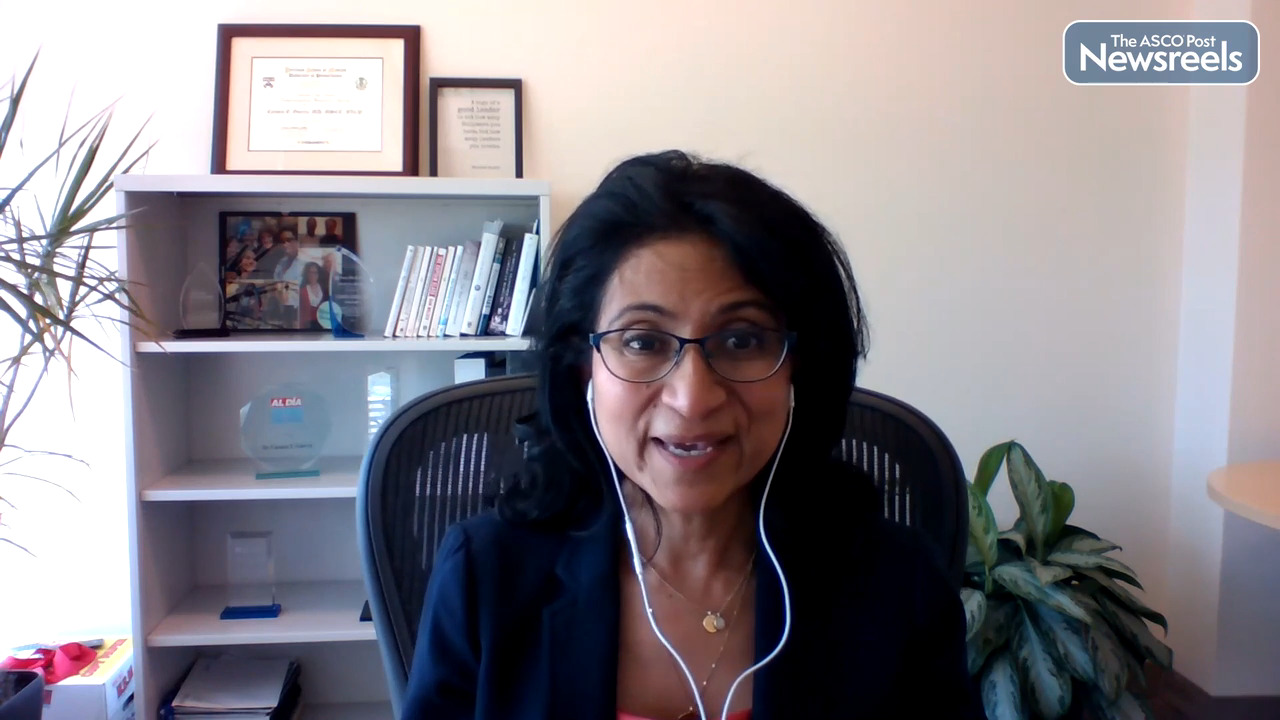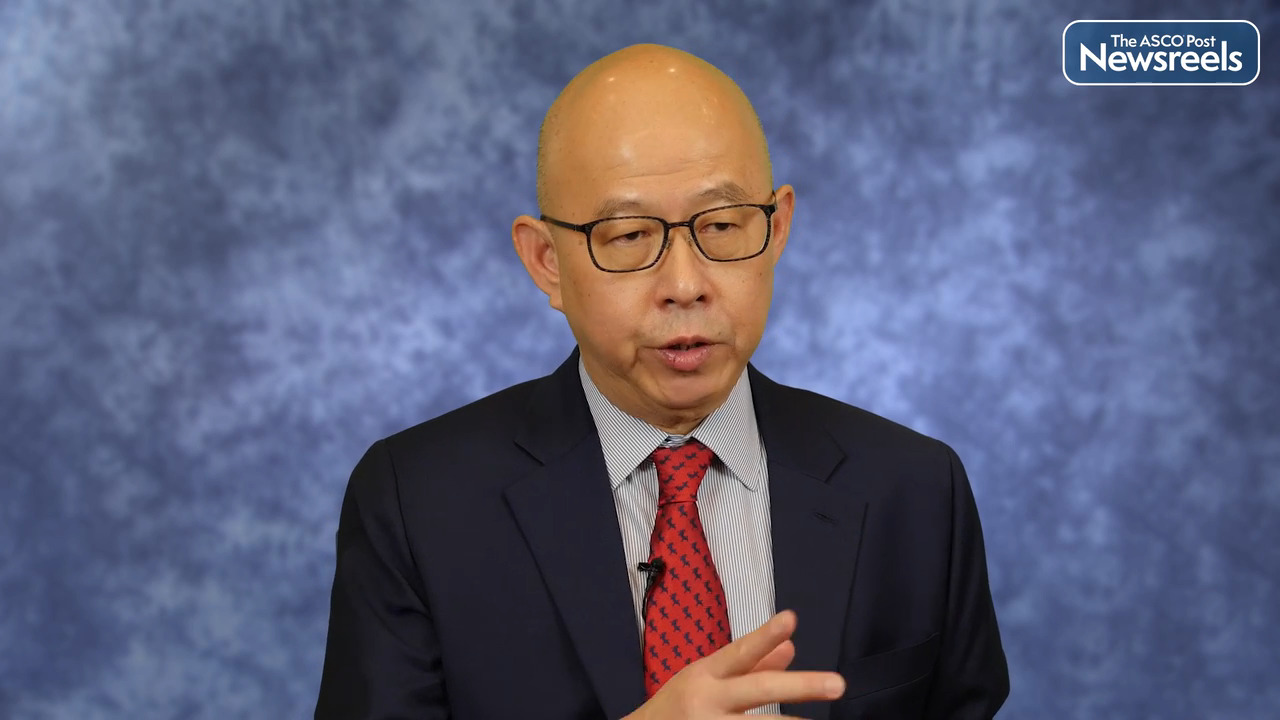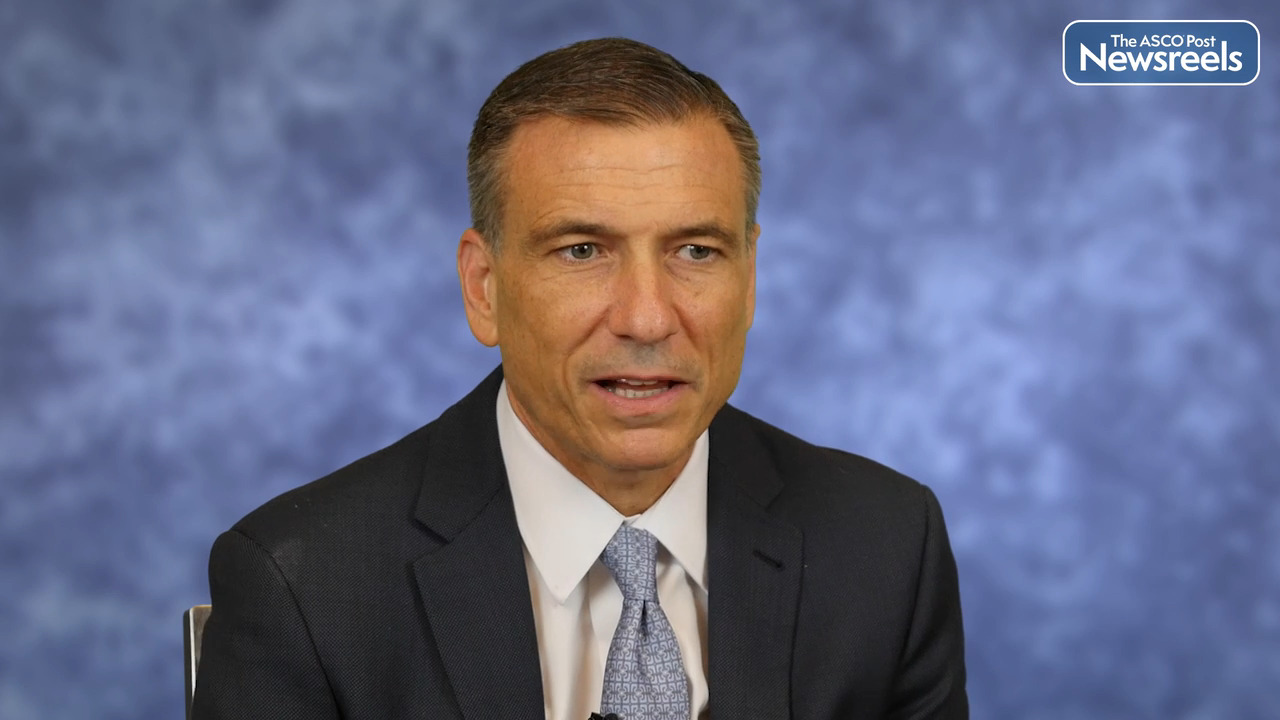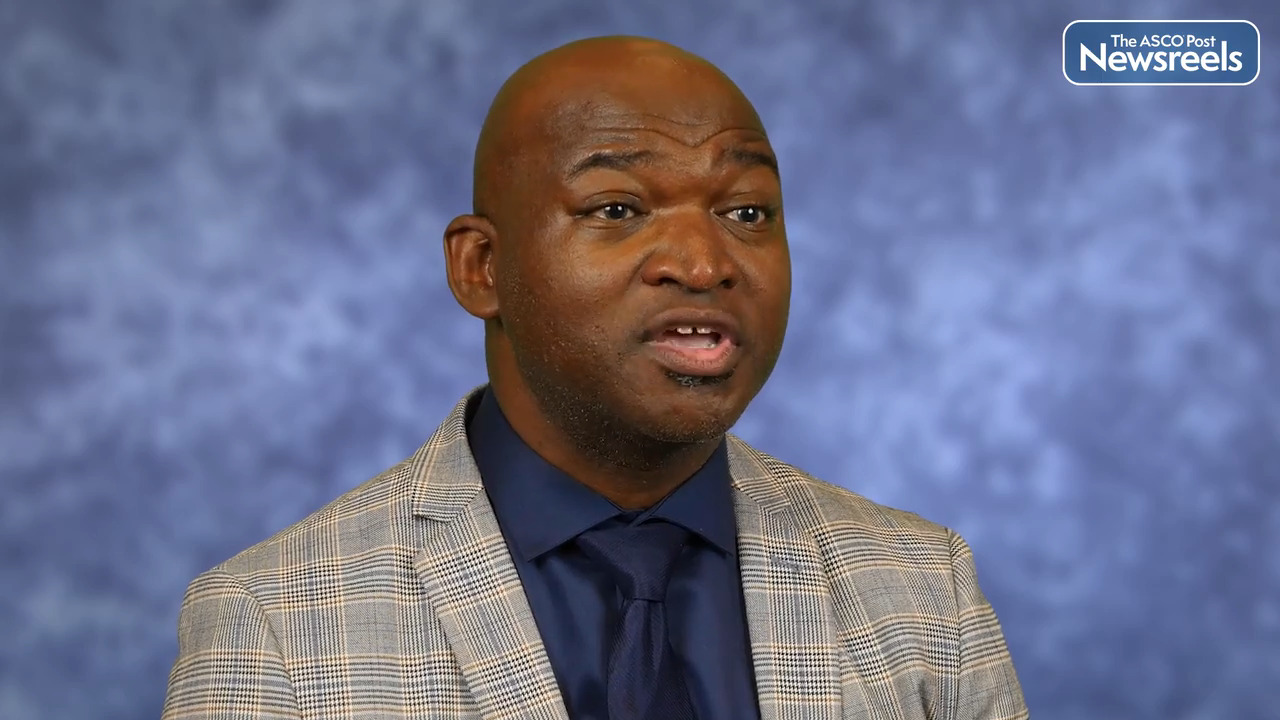Transcript
Disclaimer: This video transcript has not been proofread or edited and may contain errors.
Over the years, the importance of physical activity in cancer prevention and treatment has become more and more apparent. There's strong evidence that physical inactivity increases the risk of at least nine different cancers. There's also evidence that physical activity, both before and after diagnosis, can improve cancer prognosis, especially for breast and colon cancers. Multiple national societies now recommend regular exercise, including both aerobic and resistance training during active cancer treatment and during the survivorship phases after active treatment has concluded. Unfortunately, a large percentage of patients with cancer are still not meeting these guidelines, and helping our patients reach these exercise goals is of vital importance. As in addition to having the potential to improve prognosis, exercise can improve quality of life and several common cancer treatment-related side effects, such as fatigue and anxiety.
Exercise, we know, can improve physical function and build muscle mass, both of which can reduce surgical complications, and avoid chemotherapy dose delays and dose reductions, both of which can negatively impact cancer outcomes. But there are obviously more direct mechanisms by which exercise improves cancer outcomes as well.
We know from preclinical studies, including animal models, that exercise can have a direct effect on tumor growth, including inhibition of many different tumor types. This growth inhibition is mediated by several factors, including apoptosis, cancer metabolism, and inflammatory and immune cell mediation, both systemically and in the tumor microenvironment.
Exercise also increases blood flow, which can enhance delivery of cytotoxic and other targeted systemic therapies to the tumor. We see increases in apoptotic markers in both preclinical and clinical studies of exercise in cancer. We see reduction in lactate through inhibition of LDH from exercise, targeting glycolysis and reducing available energy to tumor cells, which is essentially the Achilles Heel of cancer metabolism. Without lactate, which is the end product of glycolysis, tumor cells, tend a more difficult time sustaining the classic growth and survival properties that are inherent to cancer.
From an immune mediation standpoint, we see increases in CD8 and case cell activity, with a reduction in immunosuppressive cells. and we see an impact on inflammatory cytokines that disrupts chronic inflammation. There are also epigenetic changes from exercise resulting in changes in DNA methylation and microironase, which can impact both cancer risk and prognosis.
There are additional mechanisms by which physical activity impacts cancer risk and outcomes, such as the weight loss, which can often accompany exercise, which in and of itself impacts cancer risk and prognosis, as well as the impact on sex hormones, such as estradiol.
There's still a lot of work to be done, especially in regards to the epigenetic changes and the impact on the microbiome, but overall, there's a substantial amount of preclinical data on the mechanisms by which exercise impacts cancer outcomes, much of which, however, still needs to be validated in clinical studies. Fortunately, the field is evolving to fill these gaps in our knowledge, and one day we hope to have more specific recommendations in regards to exercise in cancer, focusing on optimal dose intensity, frequency, type of physical activity, and recommendations that are specific to individuals based on their individual characteristics, such as age and race, but also their tumor type and treatment.





